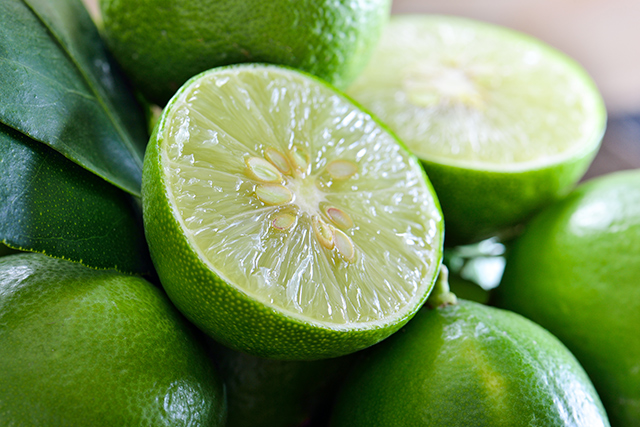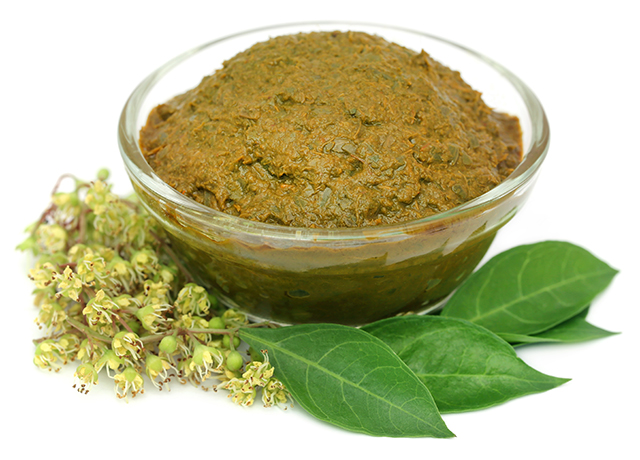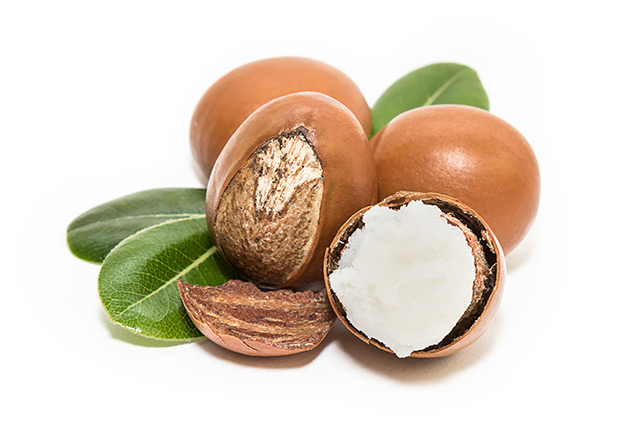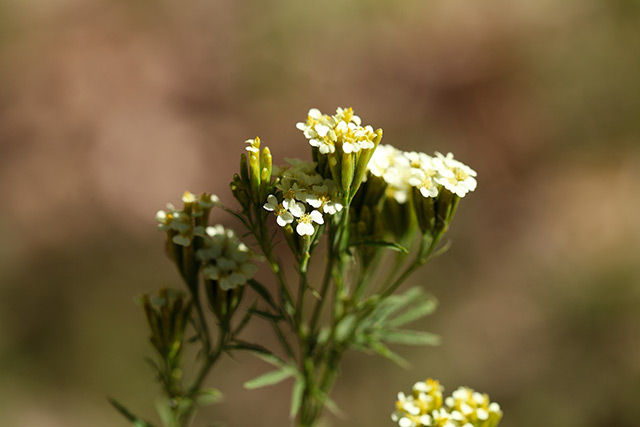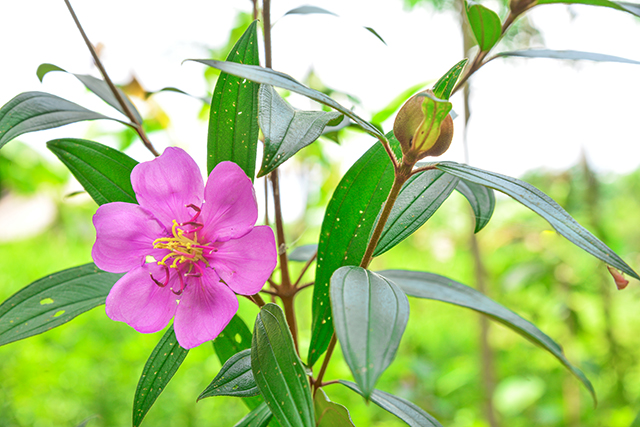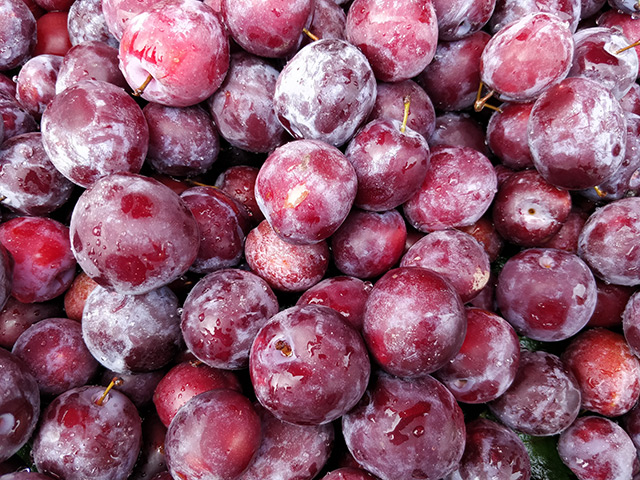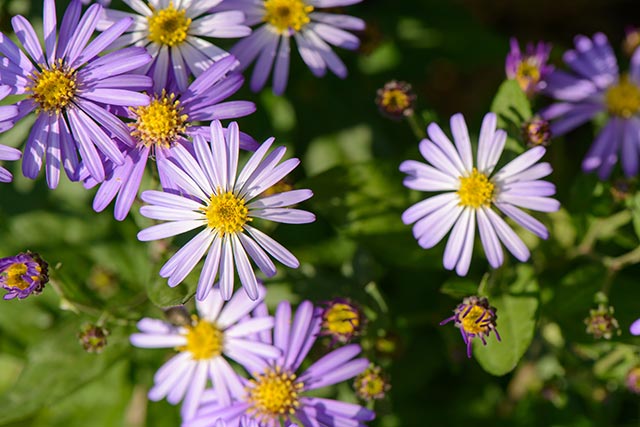A native South Asian plant shows potential as a natural remedy for cancer
08/10/2018 / By RJ Jhonson
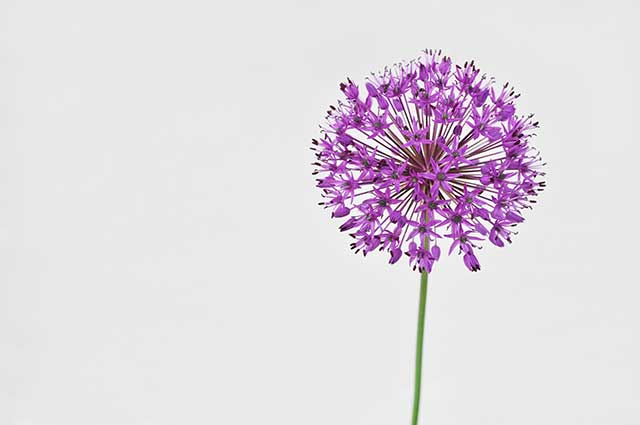
Cancer remains among the most serious diseases known to humankind – different forms of the disease kill millions of people around the world every year. Conventional medicine offers cytotoxic treatments that vary in effectiveness but not in their tendency to cause diverse and detrimental side effects. For this reason, researchers look to nature for treatments that are not just effective but are also safe.
A study funded by a grant from the International Foundation for Science, Sweden, and published in the journal BMC Complementary and Alternative Medicine examined Allium wallichii (AW) for anti-cancer properties. The plant is commonly found in Nepal where it is used as a natural medicine and spice.
The researchers prepared an aqueous extract of AW, which they tested to determine its phytochemical content, antioxidant capabilities, and antimicrobial properties. To determine AW’s anti-cancer abilities, they tested the extract on three cancer cell lines: PC3 (prostate cancer), MCF-7 (breast cancer), and HeLa (cervical cancer).
The extract was found to contain steroids, terpenoids, and flavonoids. It had moderate antimicrobial and antioxidant activities. Test on cytotoxicity pointed to the extract having moderate anti-cancer effects, although the researchers attributed this to the use of extracts from the entire plant. They believe that the isolation of specific compounds could yield more positive outcomes.
Their findings led the researchers to conclude that AW could be a potential candidate as an anti-cancer treatment, thanks to its promising cytotoxicity.
Natural ways to treat and prevent cancer
Prevention is said to be better than cure, and when it comes to lowering one’s risk of developing cancer, nothing beats these time-tested methods:
- Eating a healthy diet – This is the best way to supply one’s body with the nutrients it needs to maintain healthy function and prevent cellular damage. Nuts, fruits, and vegetables contain plenty of antioxidants that stave off oxidative stress, while whole grains contain fiber that helps keep the colon clean and promote proper digestion. Protein sources like fatty fish contain good fats that promote vascular health, enabling the efficient transport of oxygen and nutrients to different parts of the body.
- Exercise – Studies show that exercise can improve gut bacteria and in the process, lower one’s risk of developing certain types of cancer. The microbiome is essential for proper digestion which, in turn, help prevent the incidence of colon cancer.
- Sleep – Proper rest is both a preventive measure and a treatment for cancer. Getting enough sleep has been shown to reduce the risk of developing the condition. For those who are afflicted with the disease, being able to sleep properly helps provide added strength to overcome the symptoms and improve their quality of life.
Numerous studies have proven the ability of natural compounds and products to treat various types of cancer. These include:
- Blueberries – These small berries are packed with compounds and nutrients that not only make them great additions to a healthy diet but also as effective cancer treatments. Some studies even indicate that it works better than radiation therapy, one of the most popular conventional approaches to treating cervical cancer, but without causing any of the latter’s horrible side effects.
- Curcumin – Accounts of this compound’s cancer-fighting abilities have graced scientific journals. This is found in large quantities in turmeric and is known antioxidant properties that are more powerful than even vitamin E.
- Tomatoes – Extracts from tomatoes have been found effective against stomach cancer cells. These extracts inhibit cancer cells from cloning themselves and increasing in number and potency, causing them to die out instead. Supplementing one’s diet with tomatoes is also regarded as an effective way to lower the risk of developing stomach cancer.
Discover natural ways to fight cancer at AntiCancer.news.
Sources include:
Tagged Under: Allium wallichii, alternative medicine, antibacterial, antioxidant, herbal cures, herbal medicine, natural cures, natural healing, natural medicine, natural treatment, Nepal, plant cures, plant medicine, remedies

